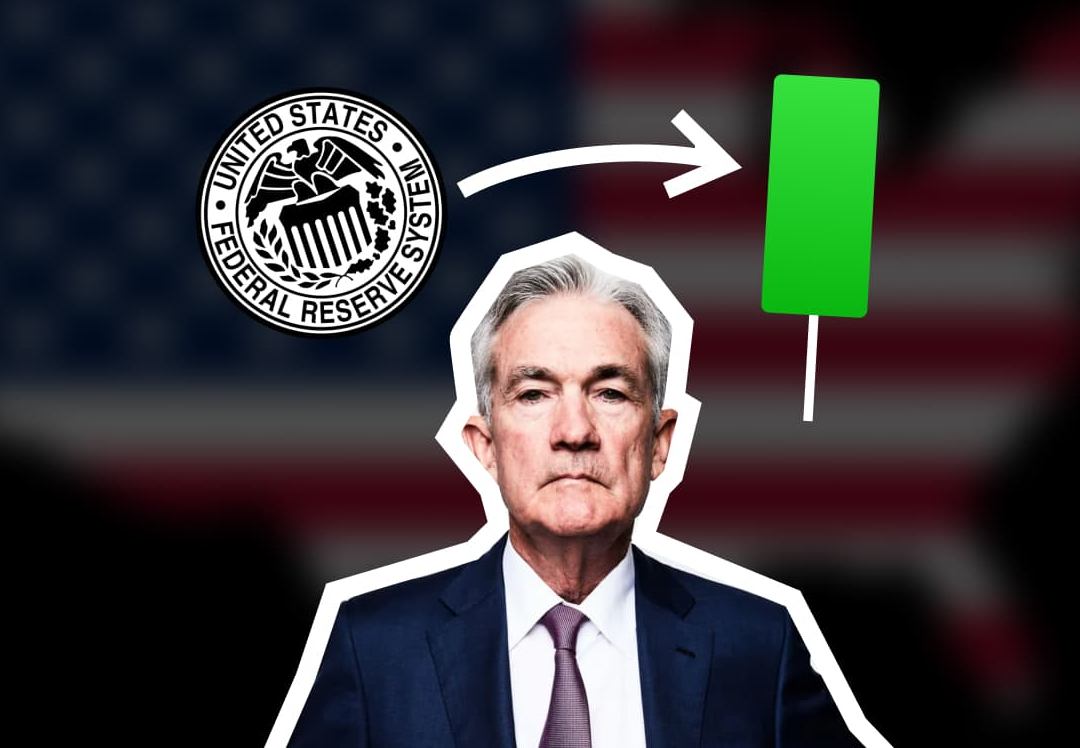How the price of Bitcoin can be affected by soaring inflation
Strange things are happening all over the world. Power outages are erupting in Europe and China, resulting in prices increasing everywhere. The cost of commodities such as coal and oil is reaching new highs, as is the price of Bitcoin. Various causes such as supply chain bottlenecks and labor shortages have been suggested for all this, but the ultimate cause of these events arises from the Federal Reserve system printing US dollars.
THE ROOT CAUSE OF PRICE INCREASES
Let us look at this chart, which shows the total assets of the Federal Reserve. It reflects the amount of money printed to fund the US government`s budget deficit.

Since March 2020, the size of the Federal Reserve balance sheet doubled. In other words, half of the money ever printed by the Federal Reserve was produced since COVID started. This money is now being used to buy Chinese exports as well as Russian and Saudi oil. This is causing commodity prices to spike, and this drives the cost of Chinese exports to rise, fueling inflation in Western countries.
Much of the reason why inflation is arising for the first time in a generation is that the relationship between the US and its creditors of China, Russia, and Saudi Arabia have been broken down, leading us to very uncharted waters. The US government has been running large budget deficits for decades. However, in the past, these deficits were financed by circulating money between the US and the creditor cluster of China/Russia/Saudi Arabia. The US would buy manufactured Chinese products, as well as oil and natural resources from Russia and Saudi Arabia. The creditor nations would keep these dollars and buy the US government treasuries. Because these dollars were recirculated, there was no addition to the money supply and hence no inflation. This was the global financial system as it existed until 2008.
THINGS FALL APART
When the 2008 global financial crisis occurred, China, Russia, and Saudi Arabia bailed out of the US economy. The creditor nations extended enough credit to the United States so that it could undertake stimulus operations to keep the global financial system from collapsing. However, this led to the US fears of over-dependence from its creditors, which led to the US foreign policy taking a turn that acted against the creditors' national interest.
So when the COVID crisis happened in March 2020, the US needed large capital injections to keep the economy from collapsing. Because it could not receive funding in Treasury bill purchases from creditor nations, the COVID crisis forced the Federal Reserve to print money to cover the deficits. According to modern monetary theory, printing money should be fine if there is no full employment.
However, what appears to have happened is that while labor markets could be flexible, the economy is hitting limits due to limits in the resources available to meet energy requirements.
EVEN DEEPER ROOT CAUSES
The cause of the issues with inflation has to do with even deeper geopolitical decisions made by the United States. Instead of spending money on productivity-enhancing infrastructure, the United States spent massive amounts of money in Iraq and Afghanistan. The lack of expenditure on public infrastructure led to a spectacular mishandling of COVID, which led to the enormous printing of money as the least bad solution. This sequence of events mirrors the root cause of the previous burst of inflation in the 1970s, which resulted from deficit spending to finance the Vietnam War.
WHAT HAPPENS NEXT?
Because China and Europe have different currencies, they can keep using monetary policies to hold inflation under control. By using monetary levers such as controlling real estate loans, China can match increases in the price of goods with decreases in pricing of, for example, housing. Situation is more difficult for the United States. The essential difficulty is that the United States needs to spend money on civilian infrastructure yet without borrowing from creditor nations such as Russia and China, it cannot afford to maintain high amounts of government spending. Reducing spending on defense is a possibility, but there will be resistance to doing so for geopolitical reasons. Balancing these requirements will require some difficult decisions and will likely result in the types of economic turmoil that occurred in the 1970s.
HOW WILL THIS AFFECT BITCOIN?
The price of Bitcoin is increasing as money is being printed and getting pushed into commodities, stock and crypto markets. Looking over longer time horizons, the inflation which has resulted from flooding the world economy with dollars will decrease the willingness of creditor nations from holding dollars as a reserve currency, leading to other mechanisms of settling international trade, and people will over time use bitcoin for these purposes.
As the world moves to the post-COVID world, we are about to enter a financial roller coaster in which Bitcoin will have a more and more important role.
*This communication is intended as strictly informational, and nothing herein constitutes an offer or a recommendation to buy, sell, or retain any specific product, security or investment, or to utilise or refrain from utilising any particular service. The use of the products and services referred to herein may be subject to certain limitations in specific jurisdictions. This communication does not constitute and shall under no circumstances be deemed to constitute investment advice. This communication is not intended to constitute a public offering of securities within the meaning of any applicable legislation.





